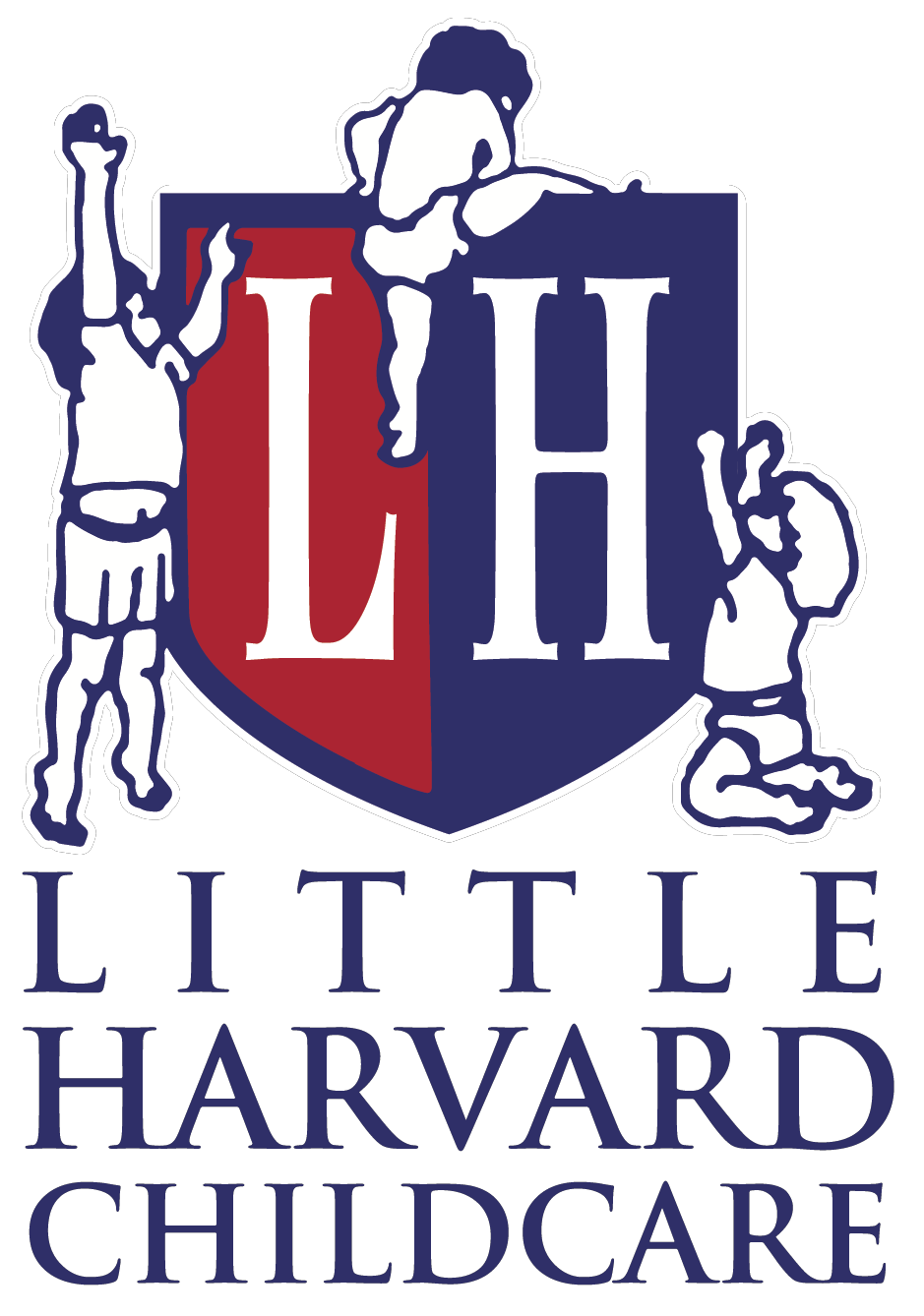Life-Long Learning
We use innovative teaching techniques to
ensure life-long learning in your child.
What Is Aistear?
Aistear is the national early childhood curriculum framework for children from birth to six years in Ireland. This framework is called Aistear,What is Aistear?
Aistear is the national early childhood curriculum framework for children from birth to six years in Ireland.
This framework is called Aistear, the Irish word for journey.
Aistear provides information to help practitioners, including infant teachers and Early Start teachers, to plan for and provide enjoyable and appropriately challenging learning experiences that will allow all children grow and develop as competent and confident learners.
Aistear has four themes including: Wellbeing, identity and belonging, communicating and exploring and thinking.
Well-being: This theme is about children being confident, happy and healthy.
Identity and Belonging: This theme is about children developing a positive sense of who they are, and feeling that they are valued and respected as part of a family and community.
Communicating: This theme is about children sharing their experiences, thoughts, ideas and feelings with others with growing confidence and competence, in a variety of ways and for a variety of purposes.
Exploring and Thinking: This theme is about children making sense of the things, places and people in their world.
Aistear is based on 12 principles of early learning and development
These are presented in three groups:
1. The first group concerns children and their lives in early childhood:
The child’s uniqueness
Equality and diversity
Children as citizens.
2. The second group concerns children’s connections with others:
Relationships
Parents, family and community
The adult’s role.
3. The third group concerns how children learn and develop:
Holistic learning and development
Active learning
Play and hands-on experiences
Relevant and meaningful experiences
Communication and language
The learning environment.
How do we as service incorporate Aistear into our service?
• Enriching learning through interactions
• Learning through play
• Using assessment to support learning
• Working with parents
Learning
Much of children's learning and development takes place through play and hands on experience.
Through these, children explore social, physical and imaginary worlds.
These experiences help them to manage their feelings, develop as thinkers and language users, develop socially, be creative and imaginative, and lay the foundations for becoming effective communicators and learners. (NCCA, 2009).
In Little Harvard, we as Early Years Educators encourage our children to learn through hands on meaningful experiences by following the children’s interests, needs and wants through daily observations, conversations and scenarios and of course with partnership with our parents and guardians through daily conversations.
What Is Siolta?
The National Quality Framework, known as Síolta, is a set of national standards for early childhood education. Síolta is the Irish word for seeds and we chose it for what it says about the potential of childhood and of this Framework to grow and succeed.
Síolta, the National Quality Framework for Early Childhood Education, was published in 2006 and was developed by the Centre for Early Childhood Development and Education on behalf of the Department of Education and Skills.
Síolta is designed to define, assess and support the improvement of quality across all aspects of practice in early childhood care and education (ECCE) settings where children aged birth to six years.
Síolta is comprised of three elements which include: Principles, Standards and Components of Quality.
The 12 Principles provide the overall vision of the Framework, which are:
The Value of Early Childhood - Early childhood is a significant and distinct time in life that must be nurtured, respected, valued and supported in its own right
Children First - The child's individuality, strengths, rights and needs are central in the provision of quality early childhood experiences.
Parents - Parents are the primary educators of the child and have a pre-eminent role in promoting his/her well-being, learning and development.
Relationships - Responsive, sensitive and reciprocal relationships which are consistent over time are essential to the wellbeing, learning and development of the young child.
Equality - Equality is an essential characteristic of quality early childhood care and education
Diversity - Quality early childhood settings acknowledge and respect diversity and ensure that all children and families have their individual, personal, cultural and linguistic identity validated.
Enriching Environments - The physical environment of the young child has a direct impact on his/her well-being, learning and development
Welfare - The safety, welfare and well-being of all children must be protected and promoted in all early childhood environments
Role of the Adult - The role of the adult in providing quality early childhood experiences is fundamental.
Teamwork - The provision of quality early childhood experiences requires cooperation, communication and mutual respect.
Pedagogy - Pedagogy in early childhood is expressed by curricula or programmes of activities which take a holistic approach to the development and learning of the child and reflect the inseparable nature of care and education.
Play - Play is central to the well-being, development and learning of the young child.
The 16 Standards and 75 Components allow for the practical application of this vision across all aspects of ECCE practice.
The principles, standards and components of Quality are intended to support Early Years Educators in early education settings to become aware of and critical of their practice for best practice, care and education with all children.
